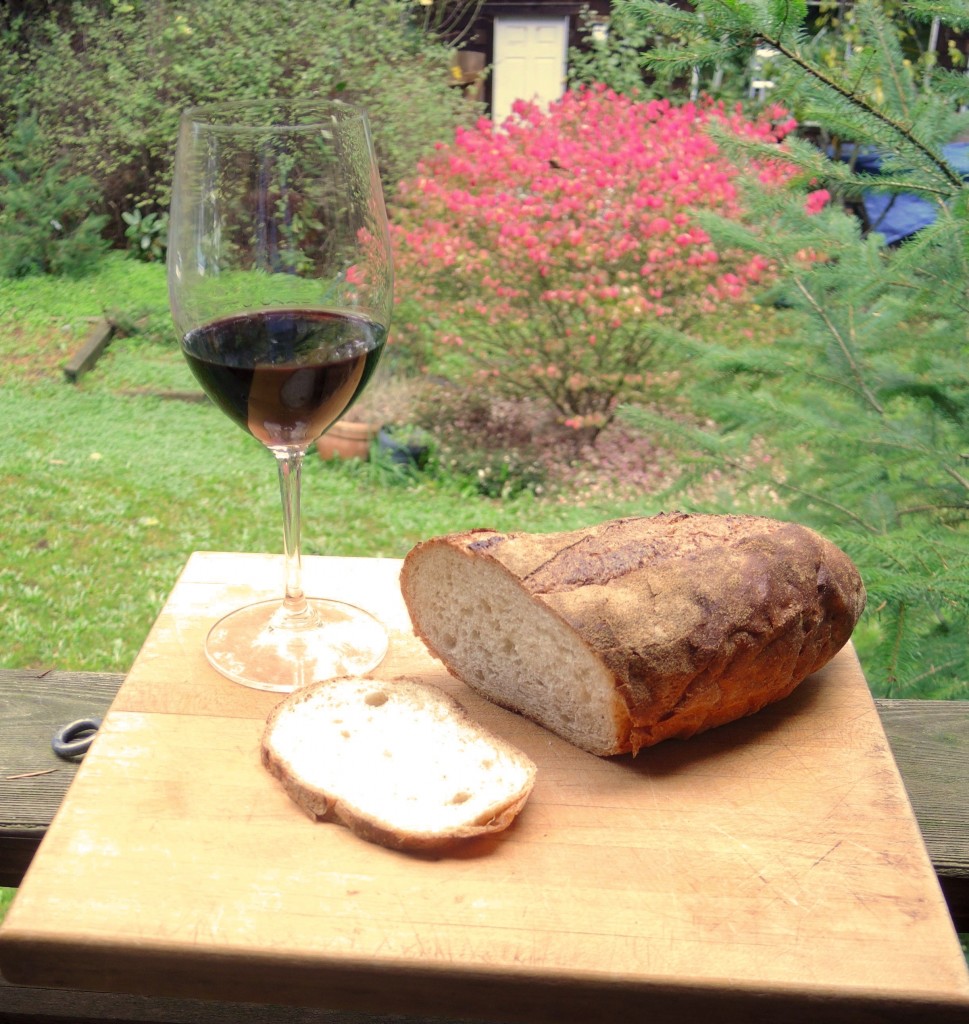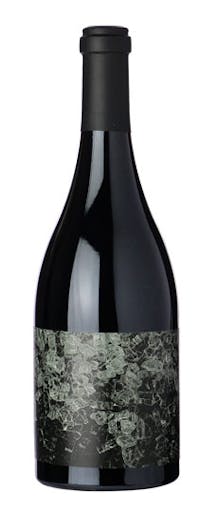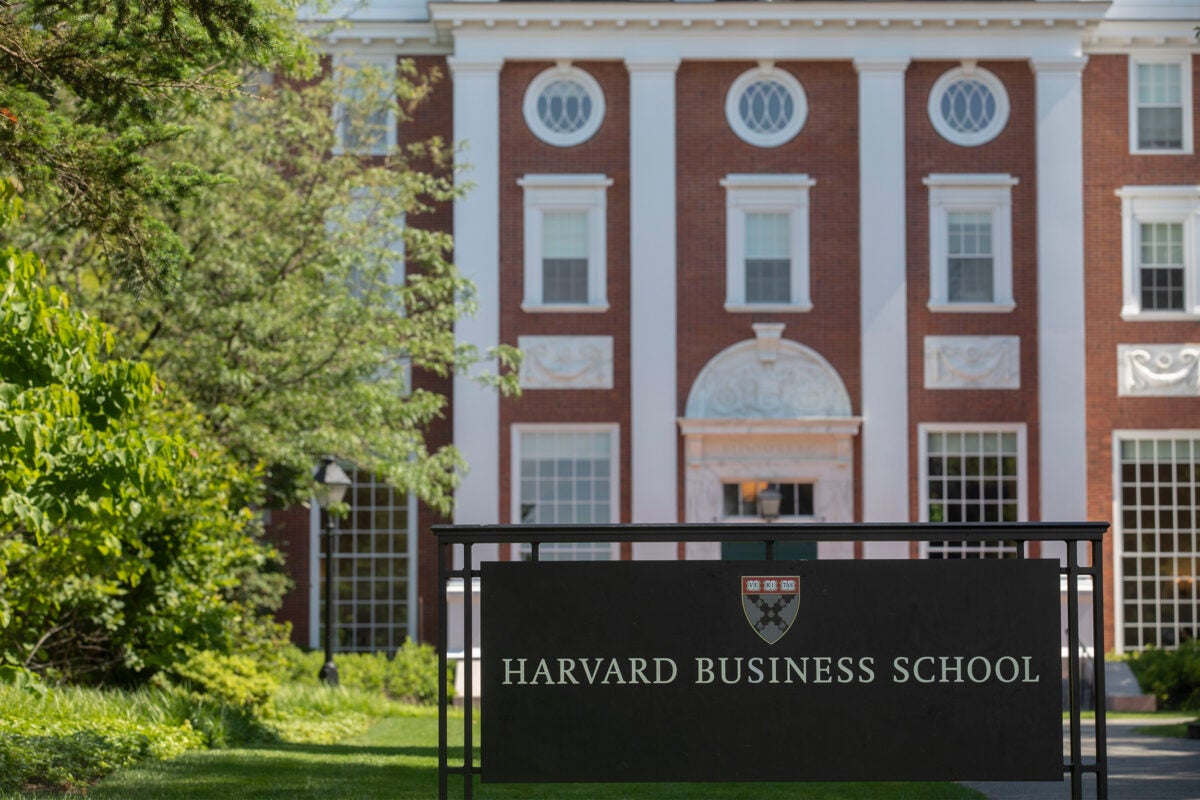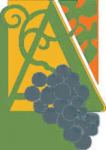lummi island wine tasting april 14 ’23
Hours this weekend: 4-6 pm Friday
Friday Bread Pickup This Week
 Pain au Levain – Made with a mix of bread flour and freshly milled whole wheat and rye flours. After building the sourdough and mixing the final dough it gets a long cool overnight ferment in the refrigerator. This really allows the flavor to develop. A great all around bread – $5/loaf $5/loaf
Pain au Levain – Made with a mix of bread flour and freshly milled whole wheat and rye flours. After building the sourdough and mixing the final dough it gets a long cool overnight ferment in the refrigerator. This really allows the flavor to develop. A great all around bread – $5/loaf $5/loaf
Cinnamon Raisin Rye– Made with a poolish of bread and fresh milled rye flour that is fermented overnight. The final dough is mixed the next day with bread flour and freshly milled whole wheat as well as rolled oats. Some honey for sweetness, a little milk for a tender crumb and loaded with raisins and a healthy dose of cinnamon. This is not a rich sweet bread with a swirl of cinnamon sugar, instead the cinnamon is mixed into the dough to flavor this hearty rustic loaf. – $5/loaf
and pastry this week…
Individual Cinnamon Rolls – These are made with a rich sweet roll dough that is full of eggs, butter and sugar. The dough is rolled out, spread with pastry cream and sprinkled with cinnamon sugar. Then rolled up and sliced into individual rolls for baking. And boy are they delicious!! – 2/$5.
To get on the bread order list, click on the “Contact Us” link above and fill out the form. Each week’s bread menu is sent to the list each Sunday, for ordering by Tuesday, for pickup on Friday. Simple, right..? If you will be visiting the island and would like to order bread for your visit, at least a week’s notice is recommended for pickup the following Friday.
Wine of the Week: Shatter Grenache Côtes Catalanes ’19 France $19

The wine is made from grenache grown in vineyards located near Maury in the Roussillon region of Southwest France by California winemaker Joel Gott.
As it turns out, we were lost for a bit in this very area about ten years ago. We were staying in Lagrasse, at the northern edge of the Corbieres wine region, and drove south through the rugged landscape where centuries ago the heretic Cathars fortified themselves in remote mountain fortresses to practice their particular form of Catholicism. It’s a long, sad, and brutal story.
As we moved into Roussillon, we found ourselves on a narrow dirt road winding through farmland when the road took a sudden dip onto a Very Narrow one-lane “bridge,” close to the water and with no guard rails, and from our vantage point no clear sense of where it went after that.
Eventually we got up the nerve to cross it, and within a half mile came to a major highway along the boundary between Corbieres and Roussillon very close to Maury.
The area is known for its nutrient-poor schist soil which forces vines to grow deep to find nutrients, evoking concentrated flavors. The name Shatter and the bottle photo are an homage to the shattered schist soil. All in all, pretty tasty!
This Week’s $10 Wine Tasting:
Pascual Toso Chardonnay ’16 Argentina $14
Aromas of ripe green apple, pineapple and mango; full, fresh palate with bright acidity, finishing with a slight toasty hint on a smooth, lingering finish.
Robert Ramsay Mason’s Red ’16 Washington $17
Easy-drinking cinsault-dominant Rhone blend; subtle nose of black cherry paste with a hint of cinnamon spice that expands on the palate to a soft anise finish.
Shatter Grenache Vin de Pays des Côtes Catalanes ’19 France $19
From Old Vines in Roussillon’s black schist soil; nose of dark fruit with a hint of espresso; velvety texture with black currant, spice and cured meat flavors with a touch of coffee; firm structure, supple tannins, excellent acidity and overall balance.
Economics of the Heart: Economics, Finance, and Usury
 There is a lot of public confusion about economics. So let’s clarify a few things. First, economics has nothing to do with either “money” or “finance.”
There is a lot of public confusion about economics. So let’s clarify a few things. First, economics has nothing to do with either “money” or “finance.”
Economics is about value, something completely intangible. You can’t hold it in your hand. You can’t see it. You can only feel it, because it’s about you and your values, not about stuff. We are constantly making decisions about what we want to eat or drink, or where to go, or what to do next. Every decision has an economic component– what to do for the next five minutes, what to wear, where to go, what to eat…and the inevitable calculation of how much effort it will take, how likely it will be successful, and whether it will be “worth it.” So there it is: we are constantly making choices about how to spend our time and energy, and economics is the study of how and why we make the choices we make.
Being human is to have constantly arising physical needs like air, food, water, and shelter, and social needs for safety, affection, attention, and approval. When hungry we need to eat, when tired we need to sleep, when lonely we need companionship. The cycle is continuous. Beginning some 2 million years ago, our hunter-gatherer humanoid ancestors worked hard, often in groups, to survive. Their economics was practical and tribal. They endured both scarcity and plenty, were sometimes happy, sometimes sad. They learned about sharing and hording, cooperation and competition, belonging and isolation.
Neanderthals appeared about a million years ago, homo sapiens around 300,000 years ago, and “modern humans” quite recently, about 70,000 years ago, laying out the foundation for both the wonder and the horrors of our relationship with each other and with our planet. Tribes became villages, hunting became farming, and “civilization” has only been around for last ten thousand years or so. By the time the Bible appeared, there was already a word for usury, and charging interest, especially excessive interest, was considered sinful or immoral.
Over the last hundred years the intersecting paths of civilization, trade, banking, and the diabolical “personhood” of corporations have renamed usury as the more palatable and less pejorative “finance.” Nowadays everyone is in debt to faceless institutional lenders for something: mortgages, credit cards, car loans, student loans, insurance. Wealth continues to concentrate into fewer and fewer hands, and more and more things that were once collectively owned “public goods” have been privatized, made proprietary, and sold back to us at a profit as we wait on the phone for hours in another “Doom Loop” waiting to speak to a real “Customer Service” rep about our phone service, internet service, medical bill, or airline cancellation.
Just think of it as “the Business School gift that just keeps on taking.”
If you enjoyed this post, please consider to leave a comment or subscribe to the feed and get future articles delivered to your feed reader.

 2072 Granger Way
2072 Granger Way